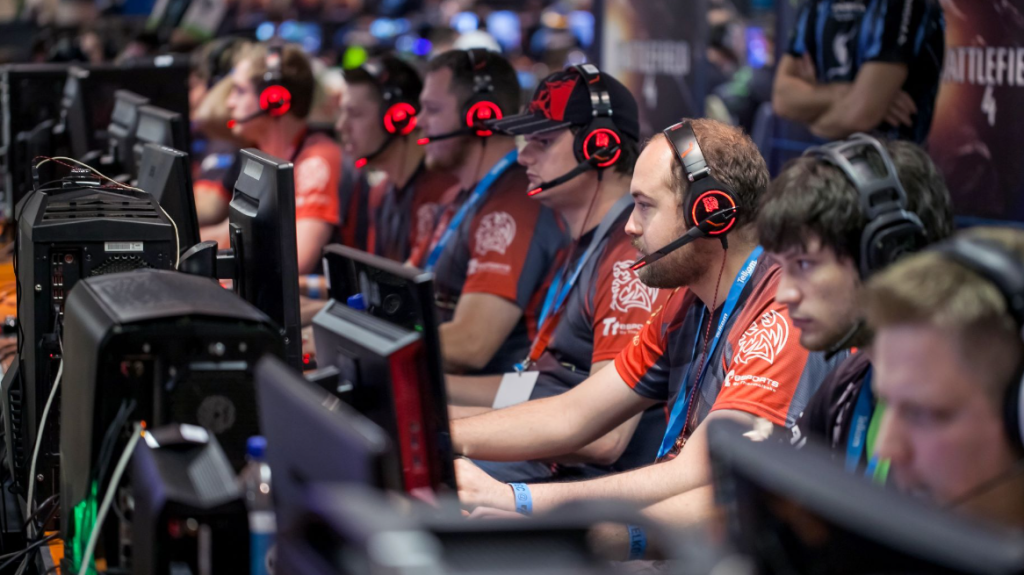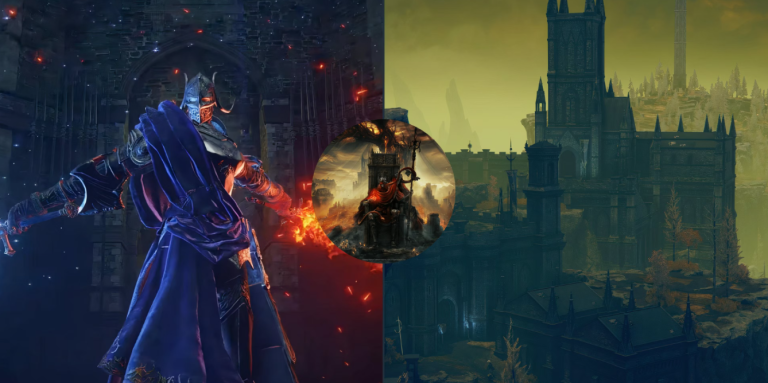
Every afternoon at 3:30 PM in a suburban high school outside Chicago, Lucas walks into a classroom shrouded in blackout curtains. But he’s not there for math or history. He’s here for his favorite session of the day—esports training. His teacher? Not Mr. Smith in a tweed jacket, but Jake “Nebula” Harris, a retired pro who once competed in the European League of Legends Championship Series.
A decade ago, this scene might’ve sounded absurd. But today, across North America, Europe, Korea, and China, esports education is no longer a fringe experiment—it’s becoming a serious and structured path. Schools, universities, and even government-backed institutions are asking the same question: how do we really train the next generation of esports professionals?
The answer lies far beyond just improving reaction speed or memorizing maps. What’s developing in training rooms around the world is a complete ecosystem of support—psychological coaching, tactical analysis, nutrition and sleep management, team communication training, and even public speaking skills.
In Paris, the XP School takes this idea seriously, offering students a hybrid model that mixes competitive gaming with business management and esports law. Their core philosophy is simple: a player’s time at the top might last 5 to 8 years, but their career in esports doesn’t have to end when they leave the stage. Schools like this prepare students not just to win games, but to thrive as coaches, shoutcasters, event organizers, or even game developers.
Jake often reminds his students, “You’re not here to just play games—you’re here to learn how to be a professional.” Under his guidance, Lucas has learned more than how to nail the perfect combo or navigate a 3v5 situation. He’s also picked up how to stay calm during heated voice chats, how to give constructive feedback after a tough loss, and—perhaps most importantly—how to own his mistakes and grow from them.
The hardest part of esports education isn’t teaching the games—it’s teaching people. Many teens walk into the classroom dreaming of Twitch fame and roaring stadiums, but soon realize that the professional path is anything but glamorous. There are no shortcuts—just repetitive drills, endless reviews, media pressure, and the constant fear of being replaced. That’s a lot to shoulder for anyone, let alone a 17-year-old.
That’s why many European esports programs now prioritize mental health. In Sweden’s LBS Kreativa Gymnasiet, students have weekly check-ins with performance psychologists. They talk about stress, emotional regulation, and techniques to manage anxiety before matches. One student once shared how he almost smashed his keyboard during the pick-and-ban phase of a tournament. It was only after that breakdown that he truly grasped the importance of mental training—not just technical skills.
Another major shift in esports education is a focus on realistic career planning. Not everyone will become the next Faker or s1mple—and that’s okay. In the UK, many university programs help students identify their goals from day one: Do you want to go pro, or are you aiming to work in esports? Depending on that answer, students specialize in game analysis, content creation, coaching, or team management. No longer is “making it to the league” the only acceptable dream.

Of course, esports education is still evolving. One of the biggest challenges is assessment—how do you grade a future pro? K/D ratio? Win rates? These numbers matter, but so do soft skills like pressure handling and team dynamics. That’s why some programs now include simulated matches, long-term development tracking, and mental resilience evaluations. The aim is to nurture not just short-term performers, but long-term contributors to the esports ecosystem.
Ultimately, esports education isn’t about “teaching kids to game”—it’s about using games to teach kids how to grow. Growth, in this sense, means many things: becoming a great teammate, learning to cope with stress, understanding the value of preparation, and learning how to lose with dignity.
Lucas still doesn’t know if he’ll ever make it to the LCS. He knows it’s a long and crowded road. But what he’s gained already might be more valuable than any trophy. Trusting his teammates. Staying calm under pressure. Taking accountability. Learning to grow through defeat.
“If I do make it to the big stage one day,” he says, “that would be amazing. But even if I don’t, I’ll carry these lessons with me no matter what I do. Gaming taught me more than just how to win.”
And maybe, just maybe, that’s the real goal of esports education.
![]()


